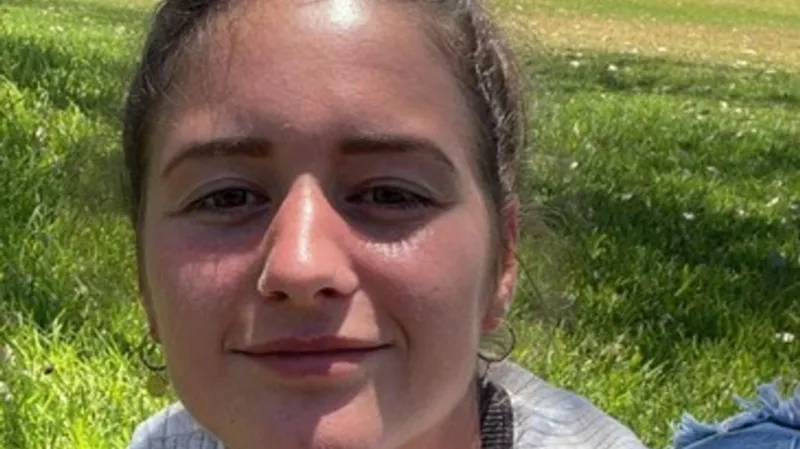I was reporting in London on the day of the 7/7 bombings - here's what happened
I heard about the 7/7 bombings from the guard on my train into London. Well, sort of.

We had ground to a halt sometime after 9am just outside Croydon when he ambled through our carriage to warn us there was trouble ahead - a power surge had knocked out the whole of the London Underground network.
That was all he could tell us, so I had to work out the rest for myself from ringing the people who might really know what was going on.
At that stage, officially, the emergency services were dealing with a fire at Aldgate Tube station.
A senior press officer at Scotland Yard, the Metropolitan Police headquarters, told me rather more than he would normally have done: it was serious, several incidents, some casualties.
"Anyone dead?" I asked.
"Yes, but please don't report that yet," he said.
"Terror attack?"
"Maybe."
Two decades have passed, but for the victims' families, survivors and the responders, 7/7's impact is still being felt.
I was told there were explosions at five Tube stations and anti-terror branch officers were on their way.
At around 9.40am, via my mobile phone from the train carriage, I repeated all that live on Sky News.
While I was on air a colleague, producer Bob Mills, phoned in with an extraordinary account of him seeing a blast rip apart a red double-decker bus near Euston.
When I finally put down the phone my fellow passengers were understandably alarmed. So was I.
And not for the first time, I was in the wrong place as a major crime story was breaking, and if I was worried, it was more that my rivals would be getting ahead of me on the details.
Sky News was already showing helicopter footage of dazed and bloodied passengers emerging from Aldgate Tube station.
The more seriously injured were being stretchered away.
All Underground and bus services were suspended, and with no taxi in sight and through the drizzle, I walked the two and a half miles from Cannon Street station to Scotland Yard in Westminster.
I was headed against a tide of bewildered people through damp streets that echoed with the wail and screech of emergency vehicle sirens.
At precisely 11.10am my phone died as the whole mobile system crashed under the weight of calls.
I was told later that Scotland Yard had considered shutting the network for fear the bombs - like those that killed 193 train commuters in Madrid a year earlier - had been triggered by mobile phones used as timers.
I got to Scotland Yard around 11.30am, joined a posse of reporters and our own live camera crew on the pavement outside, plugged in my earpiece and was there, day and night, for three weeks.
Before midday, Met Police Commissioner Sir Ian Blair went on TV, saying that the capital had been hit by "probably a major terrorist attack".
He repeated, mistakenly, what I had reported, that there had been five Underground explosions.
In fact there were only three, at Aldgate, Edgware Road and Russell Square stations.
The confusion arose because some survivors had escaped by walking through tunnels and emerging above ground further away at King's Cross and Liverpool Street.
The bombs were a huge shock, but not unexpected.
My mind went back four years to the al Qaeda 9/11 attacks in the United States.
Days after 9/11, at a meeting of the Metropolitan Police Authority, I had listened to the then-commissioner Sir John Stevens tell the committee: "Make no mistake, we're next."
By 1pm police sources suggested at least 40 people had died with hundreds injured, many seriously. In an evening report I raised the spectre of suicide bombers.
If confirmed they would be the first in the UK.
I was told by someone who had been to the site of the bus blast that a body recovered there had injuries consistent with those found on suicide bombers in Israel and Iraq.
At 6.13pm police announced that at least 37 were dead. It went up to 38 that night when a critically injured victim died in hospital. The eventual death toll was 52.
It had been an extraordinary day, but there was much more drama to come over the next three weeks, with the discovery of the bomb factory in Leeds, unexploded devices, the identities of the terrorists, an attempted copycat attack and the shooting by police of Brazilian electrician Jean Charles de Menezes, 27, mistaken for a would-be bomber.
Britain's terror threat had changed forever.
-SKY NEWS







